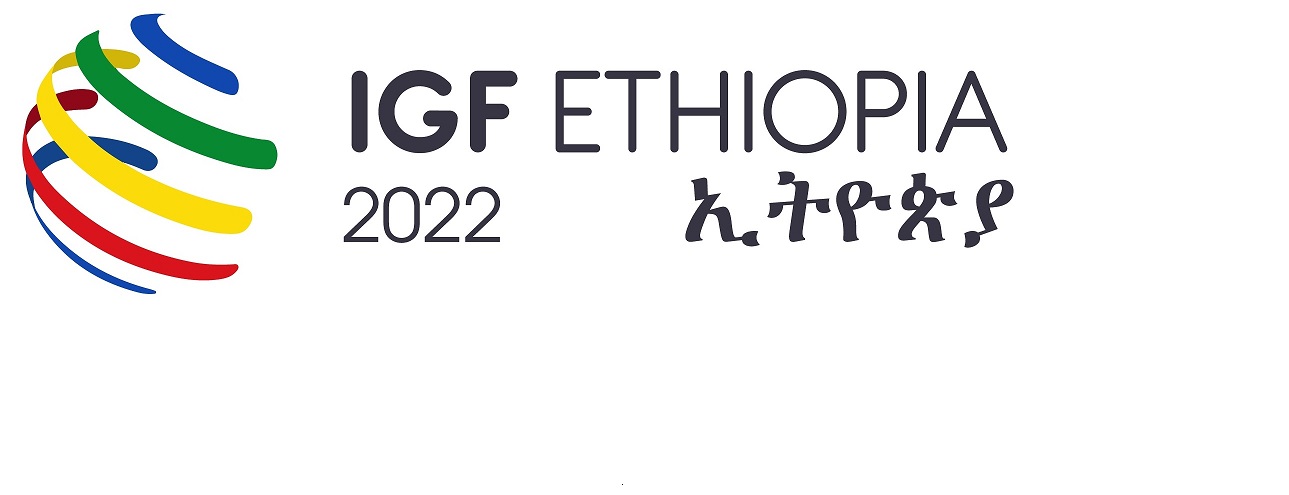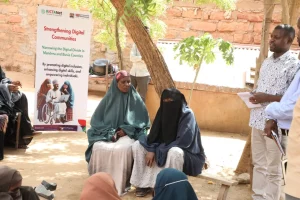One of the most interesting sessions I attended at the IGF2022 was the plenary on Access & participation as enablers of digital human rights. A discussion mainly revolved around meaningful access and effective online participation, with a clear intention of promoting the theme: Connecting All People and Safeguarding Human Rights.
Key speakers in this session were Roselyn Odoyo from Mozilla, Victor Ndede from Amnesty International Kenya, Yohannes Eneyew Ayalew from Monash University, Australia, Catherine Muya, Minda Moreira from IRPC, and Neema Lugangira, a Tanzanian Member of Parliament; it was clear that the debate was going to be heated.
The Barriers
The first speaker Mr Ndede, first led the panellists through the digital space and the rights enjoyed and proceeded to highlight the following as barriers to access to digital space:
- Net infrastructure and quality
- There is a clear inequality in internet distribution to remote and rural areas. The Rural infrastructure is not at par with the urban. A key challenge in access and participation in the digital space – we need to look keenly at the policies and not leave anyone behind.
- Taxation
- This comes from the cost of devices and data plans, creating usability and affordability challenges. There is a continuous increase in tax in the digital space – skewing more toward sin tax than VAT. This continues to marginalize low-income consumers.
- Consumer barriers
- Digital illiteracy here takes the lead. How do we ensure we harness the full potential of the internet whilst ensuring every user possesses basic internet access skills? 4G and 5G are here. Do our people know the implication of these broadbands to the access to the internet?
- Content
- What types of content are internet users consuming? How best can they get access to the content? Are there better ways to localize and contextualize online content to break the language barrier?
In her contribution to the above highlight, MP, Ms. Lugangira observed that many legal policies tend to be hostile to the marginalized regarding access and utilization. They work against the user whom they should protect. This is because internet stakeholders work in silos, misconstruing and neglecting the reality of online abuses. There is, therefore, a clear need for collaboration toward overall inclusivity.
It is also true that our countries (African countries in this case) are losing on tax due to international taxation laws from the exporting countries. In this case, this clash in tax laws usually leaves the burden of the increased product cost on the end user, the importing country. There should be a clear demarcation on clarity and separation, on who does what, and how to ease the burden of tax to facilitate technological accessibility.
On freedom of expression, the MP adjudged that we normally target one side of the coin and ignore the groups that curtail freedom of expression. Also, we should know that what’s not acceptable online should not be acceptable offline as well. We need to put more effort into tackling online gender-based violence. And “our focus should be on the agenda and not the gender”.
Content Moderation
This conversation continued to get better. MS. Catherine Muya, one of the speakers, took on the challenges of online content moderation. To break this barrier, she highlighted that we must think about online abuse reporting mechanisms and engage more with local civil societies. To ensure sustainability, we should consider localized and customized content moderation in our platform as a long time solution.
We should seek the utility of policies that protect communities from being exploited, like content moderation vs the big tech companies that solely focus on economic gain.
Inclusivity
Online space replicates the offline world; how do we ensure interoperability of the regulations? We have regional differences in customs, languages, etc.; how do we ensure full representation? We must change how we engage and capacitate and strengthen the call for engagements. We need to package the argument well and build it up in ways to show how it limits digital access.
What do we take home? We must find the delicate balance between incentives and the real world since most conversations happen in urban areas away from marginalized communities. We must ensure coordination in the tech world and a working oversight mechanism. And the online content should be developed and customized for inclusivity and representation of diverse cultures. The cross-cutting universality factor.
Finally, we must understand and leverage each one’s role to realize all rights.
________________________________________
Nicodemus Nyakundi is an ICT Access and Equality Fellow for PwDs at KICTANet. He has a background in IT and is passionate about digital inclusivity.
![]()




